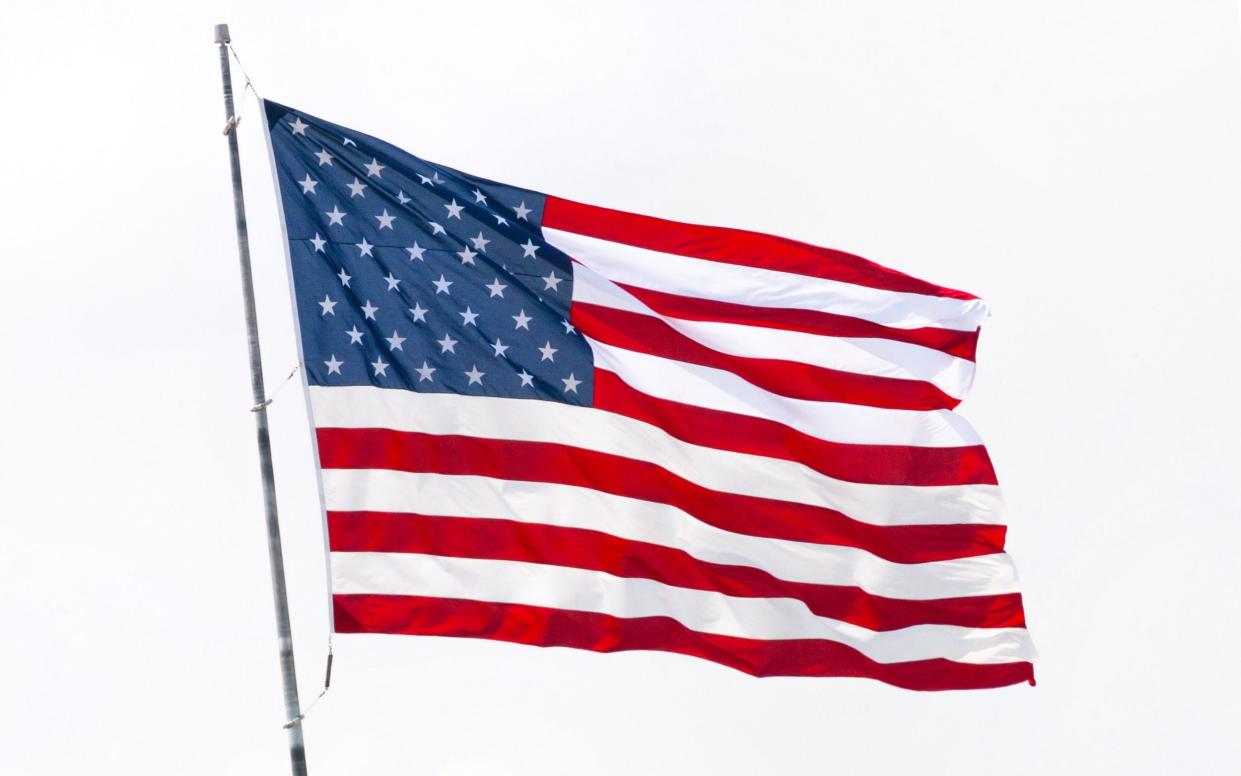White people can apply for reparations intended to close racial inequality gap in US city

White people in Providence, Rhode Island, will be eligible to receive financial assistance as part of a reparations program designed to close the racial inequality gap in the city.
A $10 million (£8.1 million) fund has been established for social programs including workforce training, home ownership and small business accelerators.
While the scheme is open to all indigenous and black residents, including those who are not descendents of American slavery, anyone earning less than half the area median income - or less than about $50,000 (£41,000) a year - is also eligible.
The money must be spent in a race-neutral manner because it came as part of a federal Covid recovery program.
'One step closer to closing equity gap'
Jorge Elorza, mayor of Providence, launched the scheme surrounded by members of the Municipal Reparations Commission, saying the funds “move us one step further towards closing the present-day racial wealth and equity gap”.
The move has been described as “dangerous” by local advocates including Dannie Ritchie, a member of the African American Ambassador Group that wrote the report laying the foundations for the scheme.
“You can’t just throw around $10 million for this-and-that program and call it reparations, because then it will be done without ever really having a conversation about what repairing the harm would look like,” she told the Washington Post.
Her group was established to look at “structural racism” contributing to higher coronavirus mortality rates for the city’s black residents, but she said that the focus changed following the death of George Floyd in 2020.
There are more than 189,000 people living in Providence, according to US Census data. While white residents make up 53.2 per cent of the population, only 16.1 per cent are black.
Keith Stokes, the city’s director of business development defended the scheme, told CNN: “Each and every one of these programs are tied to closing that racial wealth and equity gap.”
Other cities and states have started developing reparations programs recently, with the Chicago suburb of Evanston, Illinois, becoming the first US city to make reparations available to black residents last year.
The state of California has also established a reparations commission that is expected to publish its recommendations next year.

 Yahoo News
Yahoo News 
